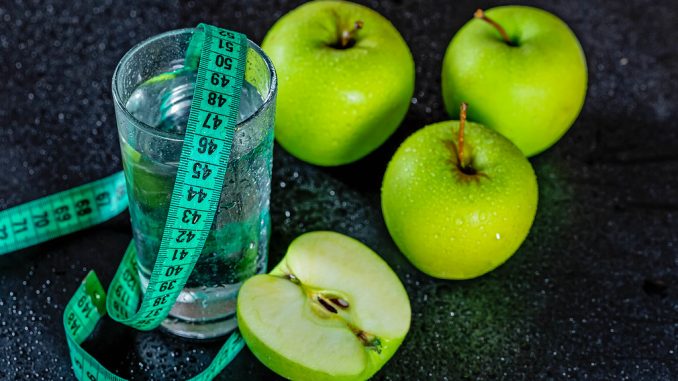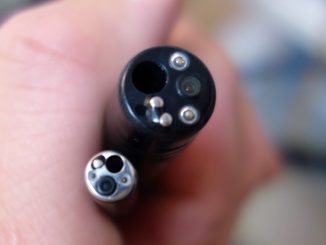
Many times, it happens that we are so busy throughout the day, that we do not manage to eat at all, and end up getting an overly consistent meal in the evening. However, a new research does not agree with this practice at all. Here’s what specialists warn us: The later you eat on a particular day, the more calories you’ll get!
This study evaluated the meals and sleep time in overweight / obese patients at the beginning of a weight loss program, said an endocrinologist at the University of Colorado School of Medicine. His team found that having meals late at night was associated with a higher body mass index (BMI) and higher body fat. BMI is a measure of body fat based on height and weight. For the study, participants were enrolled in a weight loss program, comparing the daily limits of calories with restricted feed. In other words, once the process was launched, participants could only eat at certain times of the day.
90% of the participants were women. Their average age was around the age of 36. One week before the study, participants were equipped with electronic devices to monitor their activity and sleep. They were asked to document everything they ate, and and what time. The team of researchers did not give a recommendation on what the most appropriate times to eat were, and did not pursue calories or nutritional values. They noticed that the participants who ate later also went to bed late. Those who ate later had the tendency to have a higher BMI and therefore more abundant body fat, the study found. Although most of the participants were women, specialists said the results could easily apply to men.
Why do we store fats at night?
Those who conducted the study mentioned that the study was purely observational, and more research is needed to understand why obesity may be occuring due to eating at certain hours throughout the day.
Lona Sandon is a program director at the Department of Clinical Nutrition at the University of Texas Southwestern Medical Center. Looking over the results of the above research, she said she was not surprised at all. Sandon has her own theories about why eating late can lead to weight gain. When you eat more calories during the day, they may be more likely to be used for energy and less likely to be stored in fat because of different levels of hormones, she said.
The habit of eating later in the day, especially at night, seems to be linked to the storage of more body fat due to hormonal differences at this time of day, Sandon added. The main advice is to enjoy a consistent breakfast. If you skip breakfast and only have a light lunch, you’ll probably find yourself eating late at night because you did not eat enough during the day. By making lunch the most important meal of the day, along with a consistent breakfast, you’ll most likely be able reduce eating late at night as much as possible.



Leave a Reply